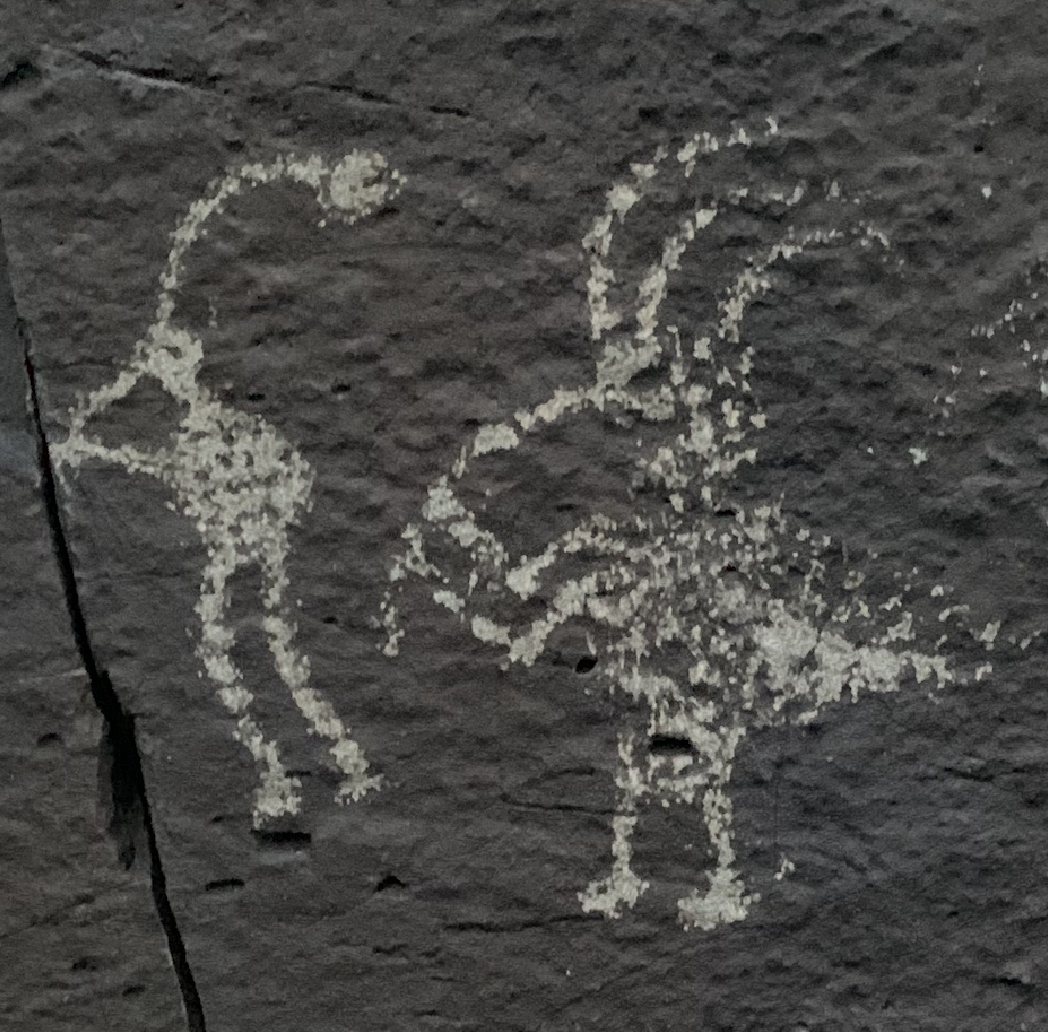From Agricultural Solutions for Agricultural Problems (1978) by Wendell Berry
It may turn out that the most powerful and the most destructive change of modern times has been a change in language: the rise of the image, or metaphor, of the machine. Until the industrial revolution occurred in the minds of most of the people in the so-called developed countries, the dominant images were organic: They had to do with living things; they were biological pastoral, agricultural, or familial. God was seen as a "shepherd," the faithful as "the sheep of His pasture." One's home country was known as one's "motherland." Certain people were said to have the strength of a lion, the grace of a deer, the speed of a falcon, the cunning of a fox, etc. Jesus spoke of himself as a "bridegroom." People who took good care of the earth were said to practice "husbandry." The ideal relationships among people were "brotherhood" and "sisterhood."
Now we do not flinch to hear men and women referred to as "units" as if they were as uniform and interchangeable as machine parts. It is common, and considered acceptable, to refer to the mind as a computer: one's thoughts are "inputs"; other people's responses are "feedback." And the body is thought of as a machine; it is said, for instance, to use food as "fuel"; and the best workers and athletes are praised by being compared to machines. Work is judged almost exclusively now by its "efficiency," which, as used, is a mechanical standard, or by its profitability, which is our only trusted index of mechanical efficiency. One's country is no longer loved familially and intimately as a "motherland," but rather priced according to it's "productivity" of "raw materials" and "natural resources"–valued, that is, strictly according to its ability to keep the machines running. And recently R. Buckminster fuller asserted that "the universe physically is itself the most incredible technology"–the necessary implication being that God is not father, shepherd, or bridegroom, but a mechanic, operating by principles which, according to Fuller, "can only be expressed mathematically."
